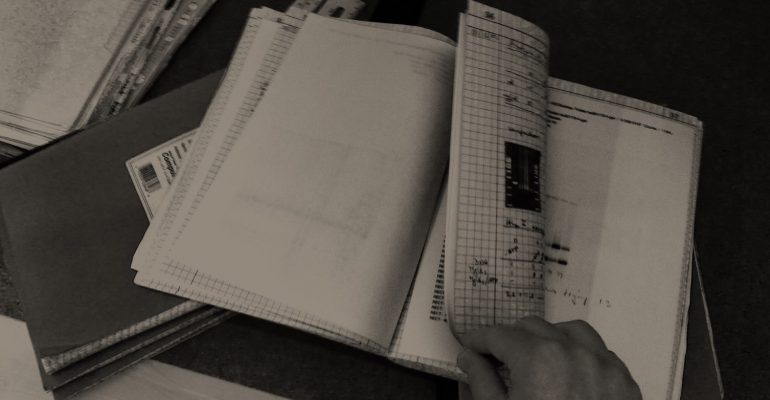Back in 2002 there was a big scandal that involved the notorious German physicist Jan Hendrik Schön which shocked the physics community. He rose to prominence after publishing several works on big journals in the field of the physics of organic molecular materials. His work won him numerous awards, and some colleagues even started to tip him for a Nobel Prize. When several research groups tried to reproduce his spectacular results without success the first allegations began to arise. His semiconductors turned out to be just fraudulent. The committee in charge of investigating his case requested copies of the raw data but found that Schön had kept no laboratory notebooks. Keeping a day-to-day record of the experiments performed is a contractual requirement for scientists and is fundamental to avoid fraud as well as to defend patents. Just very recently one of biggest disputed patents in science of all time has finally come to an end. The promising and revolutionary genome-editing technology CRISPR-Cas9 is a tool that many companies want to use to develop human therapies and a couple of laboratories claim this patent. Without entering the details of the dispute between the two institutes, the patent judges made their decisions based on the fact that the group that firstly proposed CRISPR/Cas9 as a tool for programmable gene editing did not report any experiments in eukaryotic cells (based on their laboratory notes) and therefore that group could not control the valuable intellectual property linked to CRISPR/Cas9 in the context of companies editing mouse or human genomes.
These are just a couple of notable examples that highlight that maintenance of a good laboratory notebook is of fundamental importance since it is a legal document. At the Vaccine and Immunotherapy Center (VIC) we value and support this good practice. Along this line, we recently had an interesting overview about the possibility to replace the old-fashioned paper-based laboratory notebook with an electronic equivalent version. LabArchives is a web-based electronic notebook platform that is available for free within the circuit of Partners HealthCare. An electronic lab notebook offers many advantages that the paper version cannot offer and together with LabArchives we have reviewed some of them. A lab notebook can be used in a court of law as evidence in cases of scientific fraud. One of the major advantages that LabArchives offers is that no data will ever be lost or get truly deleted. A revision history page is available anytime where every single change is visible and trackable. And guess what? You can recover any of the deleted files, including images, texts, data tables or molecular structures. This constitutes a revolutionary approach on how to document research, experiments, and procedures performed by a scientist or a research group. No more excuses of stolen, lost or consumed lab notes. And no more excuses of limited hard drive space in the laptop since LabArchives is a cloud-based resource with unlimited storage. This could constitute a major step in preventing science misconduct as well as in safeguarding scientists from false allegations. But a lab notebook can also often be referred to in patent prosecution and intellectual property litigation. LabArchives records every change as well as the time at which the change has been made and the person who has made the change. Every data and every modification/edit has a date and time stamp obtained from the National Institute of Standards and Technology. Moreover, a page in LabArchives can be signed by the administrator and further modification is not allowed following the electronic signature. All of these features become important to prove who and when the invention was conceived in a patent contestation.
At VIC we believe that a lab notebook is as important as doing experiments and making discoveries. A lab notebook is a primary record of the research we do and a true scientific legacy for us. As a tool to organize and memorize data it also serves in protecting any intellectual property that comes from our research. For these reasons, we are always trying to improve the way we record and store our data; and we believe that the LabArchives platform that Partners HealthCare made available could potentially be of use for our scopes and purposes.





